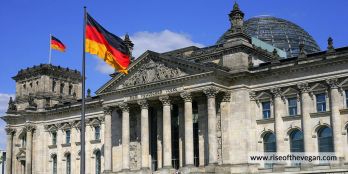
German Environment Ministry Bans Meat at Official Government Functions
German cuisine might be most famous for its sausages and schnitzels, but a new government rule means attendees at official government functions overseen by the Federal Environment Ministry will instead see a lot more environmentally-friendly food on their plates in future.
Barbara Hendricks, Germany’s Federal Minister for the Environment has just banned meat (including fish) from their official government events.
In addition, only products from "organic farming", "seasonal and regional food with short transport distances" and preferably "fair trade products" should be used.
Hendricks issued a statement saying that only vegetarian food will now be served at events and cited the environmental burden that intensive meat production places on the planet. The email also stated that the ministry has a duty to mitigate against the "negative effects of meat consumption" and must "set an example" in the fight against the "effects of the consumption of meat". It stated that animal agriculture accounts for a significant proportion of greenhouse gas emissions.
A statement from Germany’s Environment Ministry explained the move and said that it was not an attempt to preach to the people but rather: “We want to set a good example for climate protection, because vegetarian food is more climate-friendly than meat and fish.”
We are long past the time where we can continue to deny the adverse effects that animal agriculture has on our planet. In the past 40 years, our love affair with meat and dairy has wreaked havoc on the planet. We have lost 58 percent of all wildlife from the face of the earth while countless other species are being pushed to the brink of extinction.
Animal agriculture is a leading cause of climate change and environmental degradation globally. Cattle produce methane as a byproduct of digesting their food, and methane is an incredibly potent greenhouse gas — 86 times more potent than carbon dioxide over a 20 year period. Globally, the livestock sector alone accounts for 14.5 percent of all human-related greenhouse gas emissions. And it’s not just the methane from cows or manure that contributes to animal agriculture’s carbon footprint, it’s the fossil fuels required to ship, process, package, and refrigerate the meat as well.
The UN released advice last year stating that governments should eliminate meat industry subsidies and tax meat production in order to reduce the global rise in consumption and the environmental damage that goes with it.
Last year in Europe, an Italian mayor expressed her wish to turn Turin into the first vegan city, encouraging her residents to ditch meat and turn to vegetarian and vegan diets, stating 'The promotion of vegan (milk/egg-free) and vegetarian (meat-free) diets is a fundamental act in safeguarding our environment, the health of our citizens and the welfare of our animals.'
Subscribe!
Love this content?
Receive our awesome newsletter straight to your Inbox!

 Your email address will always stay private.
Your email address will always stay private.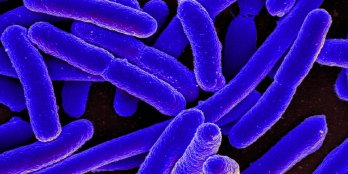
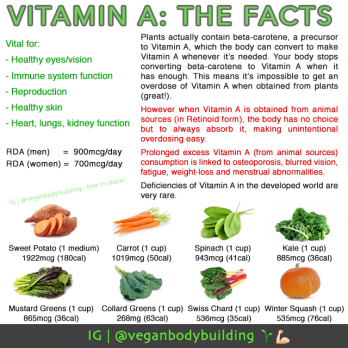


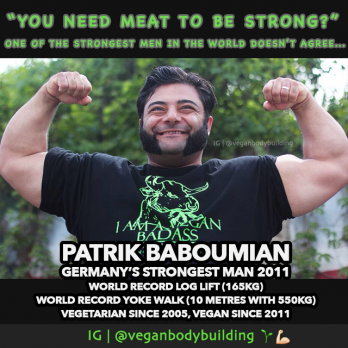






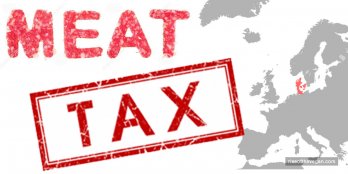
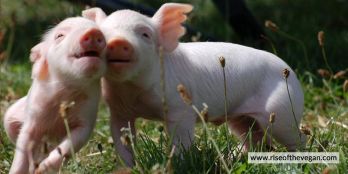


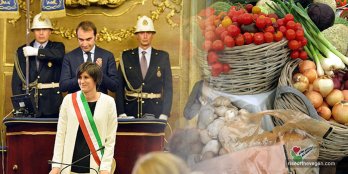
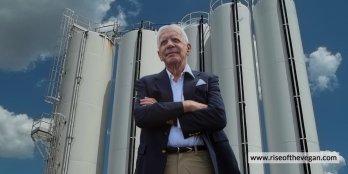

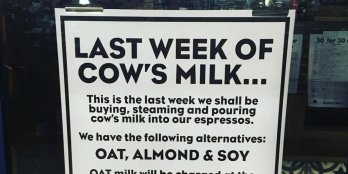
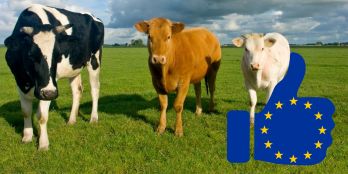



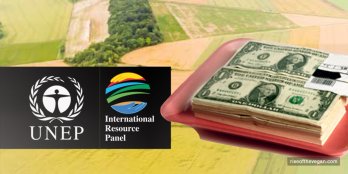
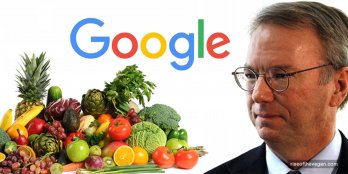
Comments